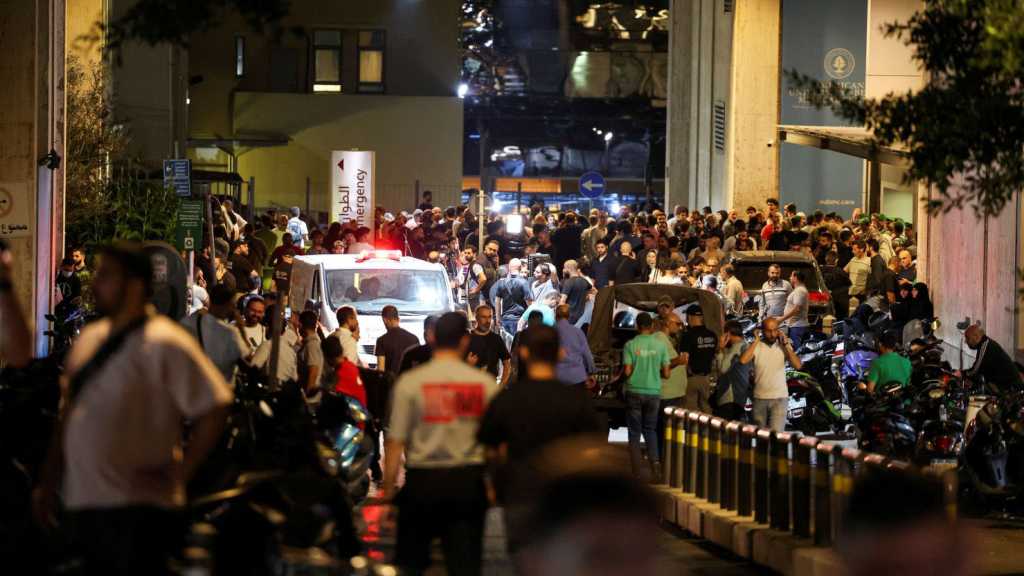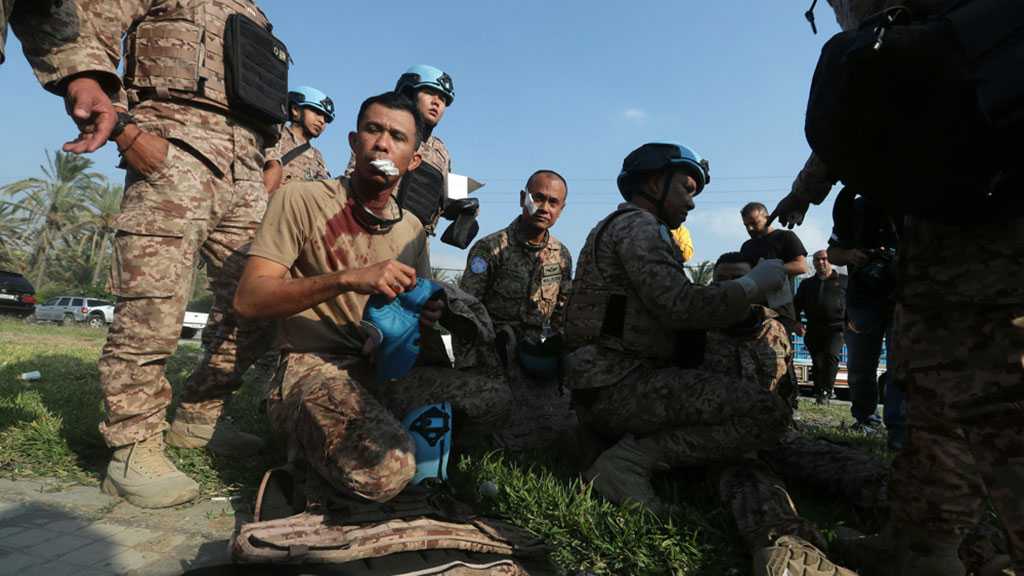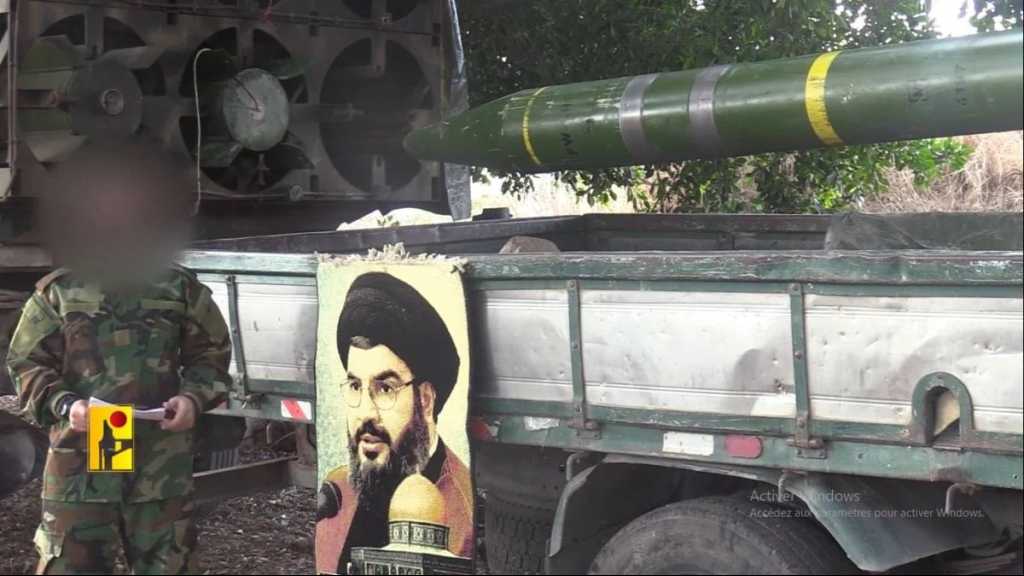“Washington Post:’ Hezbollah Will Write the New Chapter After the Pager Explosion

By Staff, WP
Hezbollah will write the next chapter in the real-life thriller after the explosion of the pagers in Lebanon, according to American writer David Ignatius.
In an article published in the Washington Post, the writer said: “'Israel' did not need to claim responsibility for the attack, as such a sophisticated attack could not have been carried out by any other country.”
The timing is very bad for US President Joe Biden and Vice President Kamala Harris, as the risk of a wider war comes less than two months before the US presidential election.
He noted that what happened could destroy any chances of reaching a ceasefire agreement in Gaza and the release of captives.
“US officials reached out to Iran through a back channel, emphasizing that the US had no role in the attack,” he added.
He further noted that they [the Americans] believe that if Hezbollah launches an attack in retaliation, "Israel" can contain the damage and assist it in a defensive context.
“'Israel's' decision to launch the attack was likely due to political and operational considerations,” he said, adding that ”the American plan to reach a ceasefire is at a standstill, leading to diminished hopes for a diplomatic deal with Hezbollah.”
He emphasized that "Israel" felt that this capability should be used before it is discovered and the devices are disabled.
The writer pointed out that "Israel's" desire to hit Hezbollah harder reflects a general trend among “Israelis” that “the entity cannot afford a long war of attrition with Hezbollah,” quoting an informed source as saying that there is a growing consensus in “Israel” that something must be done about Lebanon and the North.
The author also quoted US sources as saying that what most likely happened was that “'Israeli' agents gained access to the pagers before they were distributed, and placed small amounts of a powerful explosive.”
He added that the malware placed inside the devices most likely produced a cyber trigger, as the devices exploded after they received a call from a specific number or other signal.
The author warned that the attack signaled the beginning of an extremely dangerous new era in cyberwarfare, saying that “any device that runs on the Internet can be turned into a weapon.”
“With every new advance in weapon technology, designers imagine that they alone will use the deadly tool of war,” he said, adding: “The United States once seemed to have a monopoly on the use of drones, for example, but today this weapon has become a pervasive tool of warfare.”
Comments
- Related News




